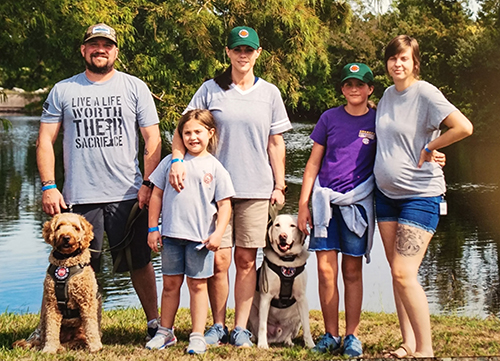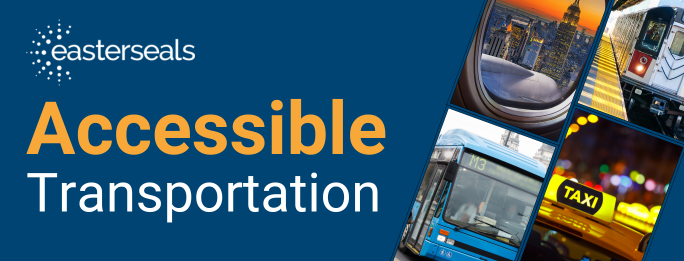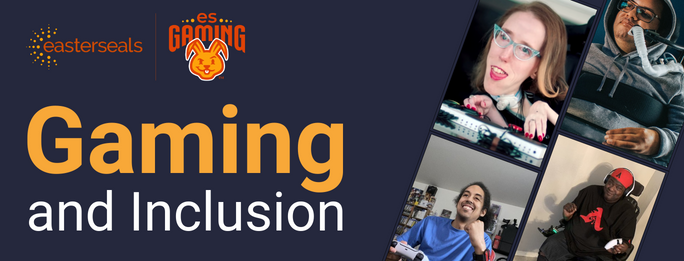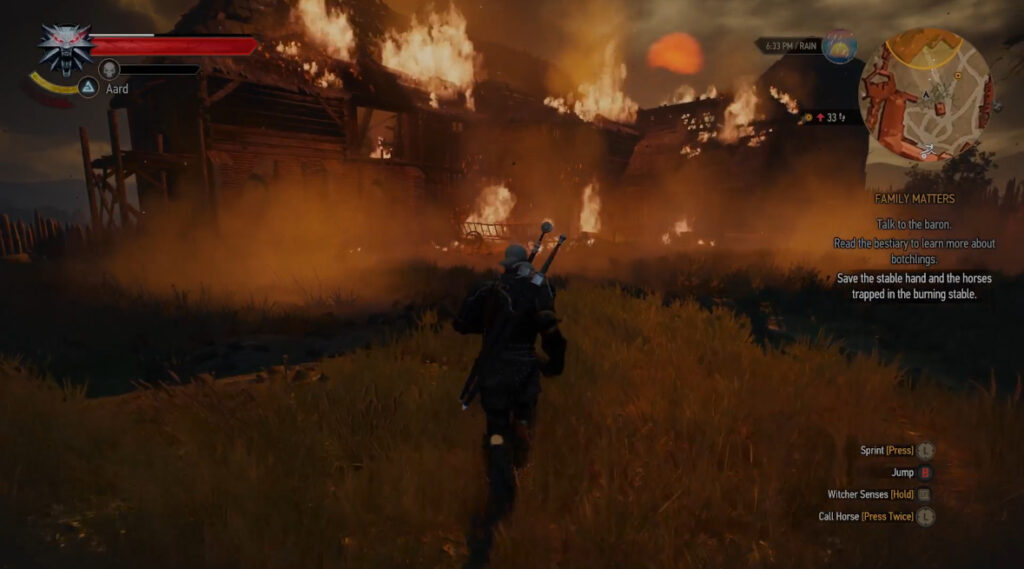
AgrAbility
Supporting the Farming Community
WHAT WE DO
Michigan AgrAbility provides services to farmers with disabilities, illnesses or aging conditions so they can continue the occupation and lifestyle they love. We research and develop useful farming tools, equipment and methods that enable farmers to work longer and feel better. Michigan AgrAbility, funded by a U.S. Department of Agriculture (USDA) grant, is a joint partnership between Michigan State University Extension (MSU Extension) and Easterseals MORC. We work closely with Michigan Rehabilitation Services (State of Michigan Vocational Rehabilitation Agency) and network of private funding organizations to provide these services.
It is estimated that there are over 1,900 farm workers per year in the state of Michigan who need our services. According to the USDA 2012 Census of Agriculture there were 52,194 farms in Michigan that utilize approximately 215,000 workers (owner/operators, hired workers and family members). The National Agricultural Statistics Service (NASS) released May 2013 states there is on average 9.0 injuries for every 1000 adults involved in farming operations. This would equate to 1,935 farm related injuries every year. Added to these injuries are the common diseases such as arthritis, cancer, stroke, multiple sclerosis, muscular dystrophy and aging conditions. This further illustrates the great need in the state of Michigan for services to support farmers and their families dealing with injuries, illnesses and disabling conditions.
Disabilities create challenges in life. For Michigan’s farmers and farm workers, disabilities and chronic health problems can transform an active, independent lifestyle to one of uncertainty, dependence, and adaptation. In addition to the emotional and physical challenges of adapting to a disability or serious health condition, farm families also face financial challenges. Many ask, “How can we continue farming?” and expect that they will have to “rethink” their lifestyles and their careers.
Engineering/rehabilitation services, research/development and assistive technology costs are very high, and outside the ability of many farmers to self-pay. The net result is that Michigan farmers continue working in severe pain, overstressing their bodies, using unsuitable tools and equipment, sustaining secondary injury, and endangering their future health. For a farmer with a disability to be retrained and find alternative employment in a rural community is very difficult, if not impossible. The natural progression is that farmer’s health continues to degrade until he is forced to retire or become unemployed. We provide critical services because medical insurance and disability insurance plans often do not cover the costs of rehabilitation services at the farm work site or assistive technology to enable a farmer to continue working.
WHO WE SERVE
Michigan AgrAbility staff helps farmers and their families find ways to live and work with conditions, such as:
-
Arthritis
-
Chronic back pain
-
Stroke
-
Joint injuries
-
Amputations
-
Spinal cord injuries
-
Hearing loss
-
Illness
-
Aging conditions
-
Any other conditions that limit a farmer’s ability to work
OUR SERVICES
-
On-site evaluation to understand the situation at the farm
-
Plan a strategy to overcome the barriers to farm work
-
Research and develop solutions for overcoming those barriers
-
Funding source guidance to purchase the technology needed to work
-
Installation and training of how to use adaptive equipment
To learn more about the program, please visit www.MichiganAgrAbility.org or call 1.800.956.4106.

The project was supported by the AgrAbility Competitive Program of the USDA National Institute of Food and Agriculture (NIFA), grant number 2014-41590-22327.
MSU is an affirmative-action, equal-opportunity employer, committed to achieving excellence through a diverse workforce and inclusive culture that encourages all people to reach their full potential. Michigan State University Extension programs and materials are open to all without regard to race, color, national origin, gender, gender identity, religion, age, height, weight, disability, political beliefs, sexual orientation, marital status, family status or veteran status. Issued in furtherance of MSU Extension work, acts of May 8 and June 30, 1914, in cooperation with the U.S. Department of Agriculture. Ray Hammerschmidt, Director, MSU Extension, East Lansing, MI 48824. This information is for educational purposes only. Reference to commercial products or trade names does not imply endorsement by MSU Extension or bias against those not mentioned.







 “Streaming is both accessible and not accessible,” Evans said. “The streaming part itself is accessible, in that it allows me to make my own schedule, and I can work it around my disabilities. However, the inaccessible part is the demand for content creators to constantly be networking, attending events and continuously pushing out content. I cannot attend events, and if I can they’re incredible stressful, so all my work networking has basically been done online, which thankfully is becoming a more acceptable side of content creation.”
“Streaming is both accessible and not accessible,” Evans said. “The streaming part itself is accessible, in that it allows me to make my own schedule, and I can work it around my disabilities. However, the inaccessible part is the demand for content creators to constantly be networking, attending events and continuously pushing out content. I cannot attend events, and if I can they’re incredible stressful, so all my work networking has basically been done online, which thankfully is becoming a more acceptable side of content creation.” “I must say over the years it has become less and less accessible for me,” Martínez said. “SMA (Spinal Muscular Atrophy) causes strength, endurance and mobility loss as time passes. I can’t use a physical keyboard as I used to, so it’s been years now with an on-screen keyboard. Voice dictation doesn’t work well for me due to my voice being inconsistent, not to mention my accent. In English it can go from totally wrong to acceptable. In Spanish, my native language, it works better.”
“I must say over the years it has become less and less accessible for me,” Martínez said. “SMA (Spinal Muscular Atrophy) causes strength, endurance and mobility loss as time passes. I can’t use a physical keyboard as I used to, so it’s been years now with an on-screen keyboard. Voice dictation doesn’t work well for me due to my voice being inconsistent, not to mention my accent. In English it can go from totally wrong to acceptable. In Spanish, my native language, it works better.” “What drew me to consulting was the opportunity to leverage my unique perspective as both an able-bodied and disabled gamer to improve the gaming experience for others,” Lane said. “I can share the frustrations I’ve faced as a disabled gamer and use that knowledge to advocate for better accessibility features. Companies and studios that I work with go the extra mile to make sure I have everything I need to succeed.”
“What drew me to consulting was the opportunity to leverage my unique perspective as both an able-bodied and disabled gamer to improve the gaming experience for others,” Lane said. “I can share the frustrations I’ve faced as a disabled gamer and use that knowledge to advocate for better accessibility features. Companies and studios that I work with go the extra mile to make sure I have everything I need to succeed.”



 So in my nightmare, I’m mad as a hornet when I see the green bus go by. I say to myself, “What the hell is this? I thought those inaccessible buses were long gone!”
So in my nightmare, I’m mad as a hornet when I see the green bus go by. I say to myself, “What the hell is this? I thought those inaccessible buses were long gone!”
